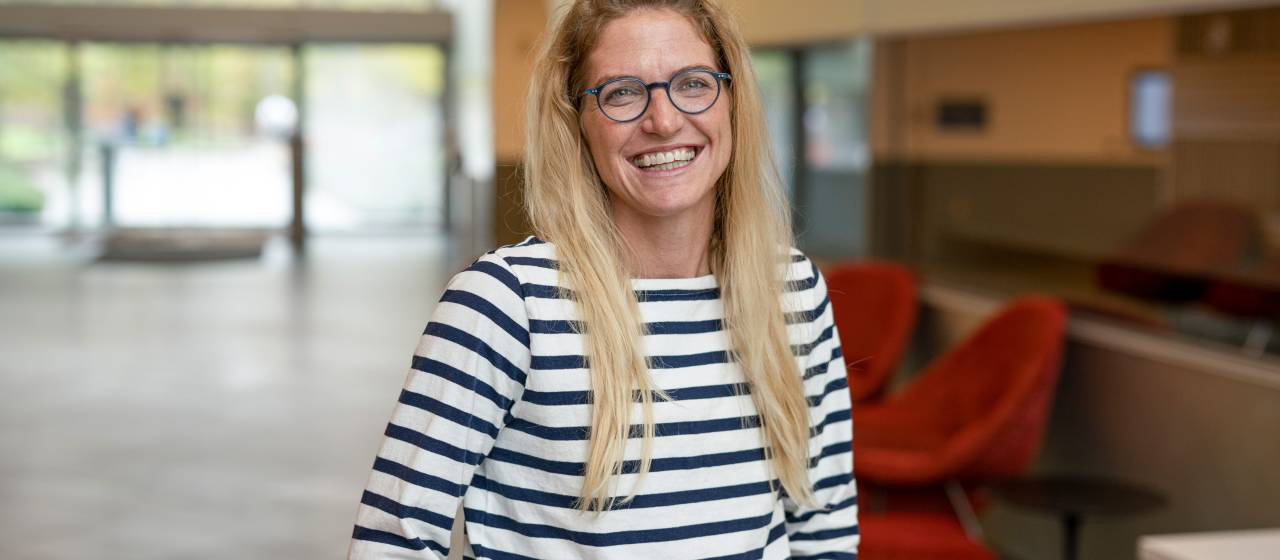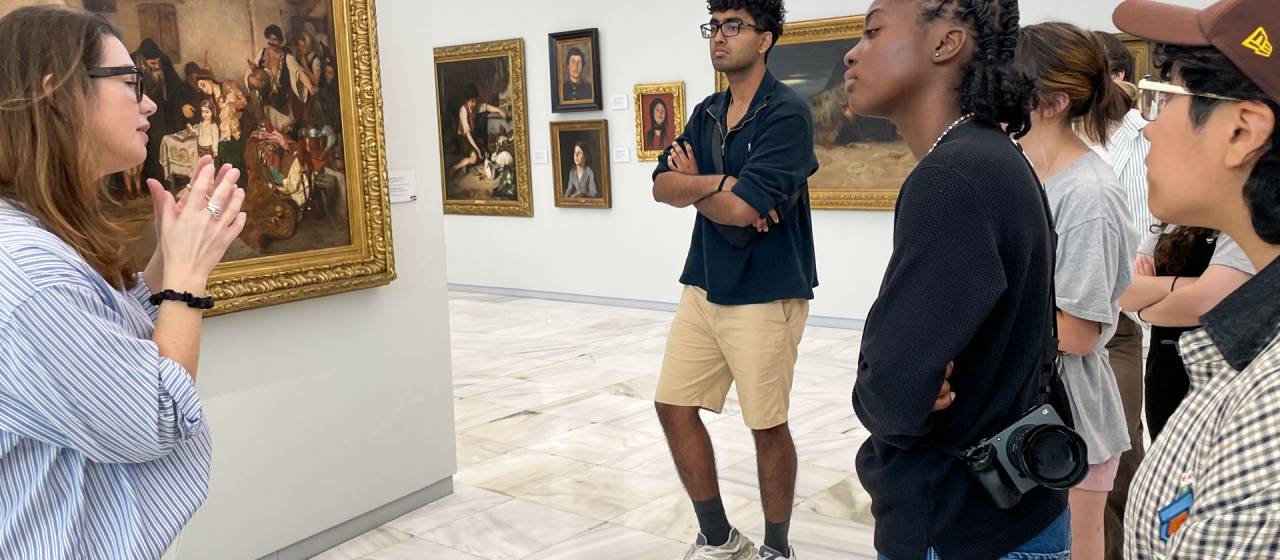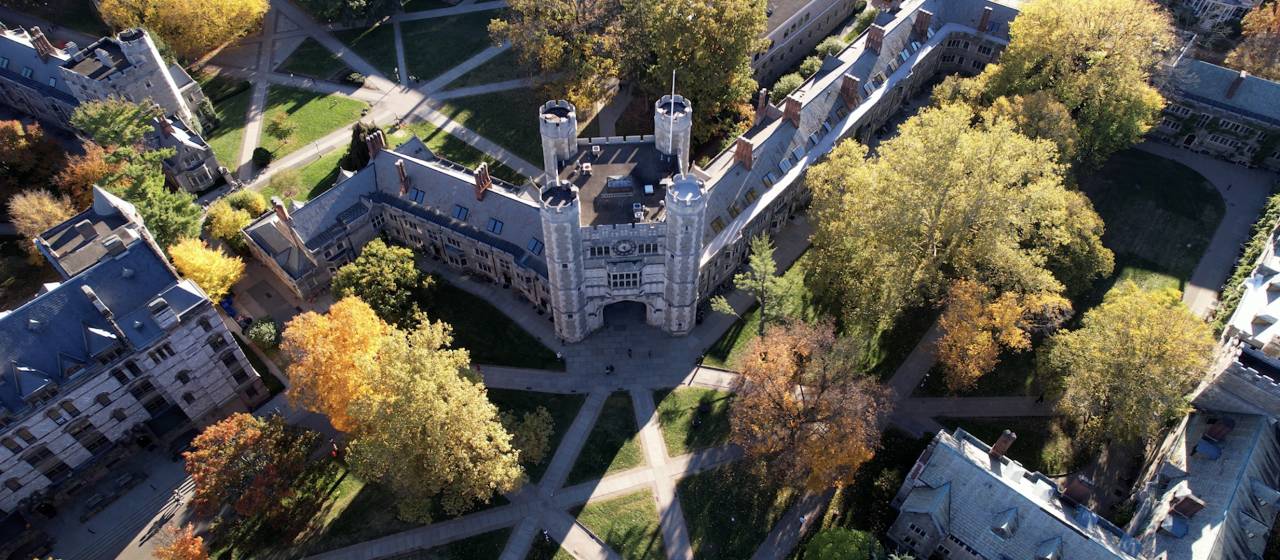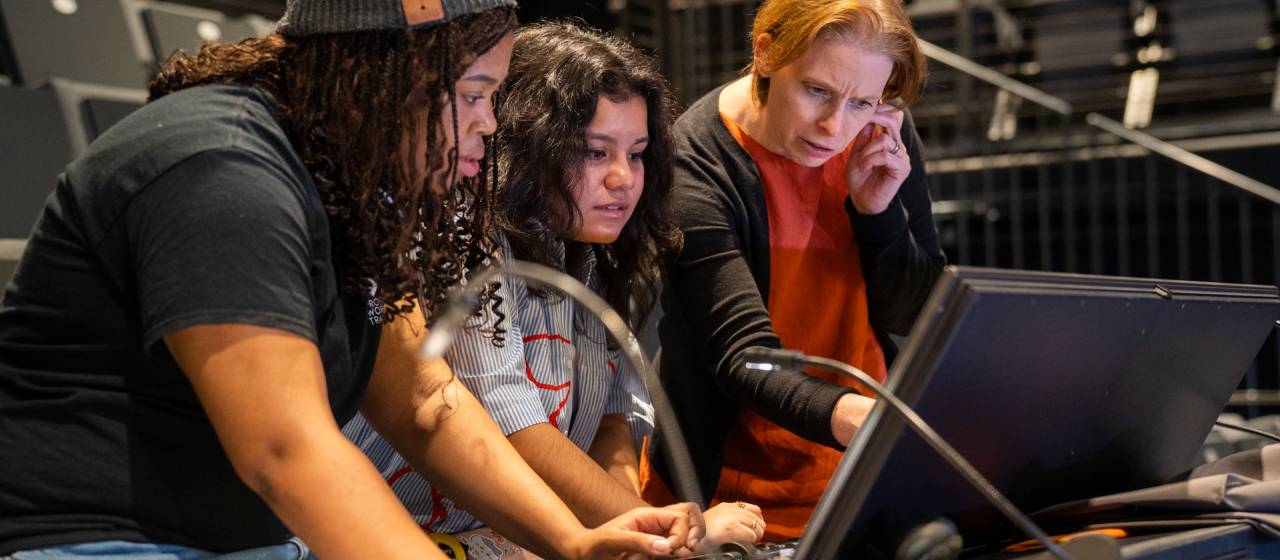Neuroscientist Fenna Krienen named a Pew Scholar in the Biomedical Sciences
The Pew Charitable Trusts announced that Fenna Krienen, an assistant professor of neuroscience at the Princeton Neuroscience Institute, is one of 22 researchers joining the Pew Scholars Program in the Biomedical Sciences.
Princeton graduate alumnus Cara Brook is also among the 22 early-career researchers named as new Pew Scholars. Brook completed her Ph.D. in 2017 in Ecology and Evolutionary Biology and is now an assistant professor at the University of California-Berkeley.
Scholars in the biomedical sciences receive four years of funding “to uncover fundamental insights about human health and disease,” the foundation said in its announcement.
“For 40 years, Pew has supported young, talented researchers as they take creative approaches to solving big scientific questions,” said Donna Frisby-Greenwood, Pew’s senior vice president for Philadelphia and scientific advancement. “This new class continues that legacy, and we look forward to seeing where their discoveries lead.”
Fenna Krienen: Neural development in primates
As a Pew Scholar, Krienen will receive funding to support her research on how microglia, the brain’s resident immune cells, facilitate neural development in primates.
Humans and other primates acquire advanced cognitive abilities as they age, such as complex vocal communication, empathy and tool use, that are rarely seen across other branches of the tree of life. The precise cells and molecules in the brain that orchestrate these abilities, however, have long eluded researchers.
“Mammalian brains develop and are structured according to a common plan,” Krienen said. “The basic layout of the brain is always the same, but then there are certain parts of the human brain, like the neocortex, that have expanded disproportionately and have acquired new forms of connectivity.”
Pew funding will support the researchers in Krienen’s lab as they investigate one potential molecular ringleader that may help explain some distinctive features found in the brains of humans and non-human primates: microglia, the brain’s resident immune cells.
Most mammals, including marmosets and mice, are born with more connections between nerve cells than are ultimately needed. Pruning these excessive synaptic connections is a hallmark of healthy brain development, and in mice, microglia are thought to play a key role in managing this process.
Unlike the even distribution of microglia seen throughout the mouse brain, though, Krienen recently discovered that microglia in marmosets vary widely across different brain regions. By studying this unique patterning and the genetic lineage of marmoset microglia, Krienen hopes to better understand their role in primate brain development. Her findings may then offer new insights into what goes awry in neurodevelopmental disorders such as schizophrenia.
Graduate alum Cara Brook: Vaccines for bats, to protect people
Graduate alum Brook is an assistant professor of integrative biology at the University of California-Berkeley, where she is designing vaccines to immunize wild bats against viruses that can be transmitted to the human population.
The Pew scholars were chosen from among 209 applicants, each nominated by their academic institution or a colleague.
“Pew-funded scientists have long contributed to biomedical research discoveries that have improved human health,” said Lee Niswander, a 1995 Pew scholar and chair of the program’s national advisory committee, in Pew’s announcement. “I’m confident this new class of scholars, with their innovative and creative approaches to scientific research, will continue this tradition.”
Latest Princeton News
- Early quantum engineer Morton Kostin dies at 89
- Allen Rosenbaum, former director of Princeton University Art Museum with a keen curatorial eye and astute administrative foresight, dies at 88
- Experiential learning: Athens summer seminar provides transformative experience for FLI students
- University will discontinue Wintersession as part of ongoing cost reductions
- Princeton enhances financial aid again as it welcomes the Class of 2029, which includes the largest-ever number of Pell-eligible students
- Innovative tech workforce training preps N.J. high school graduates for high-paying theater stagehand jobs













